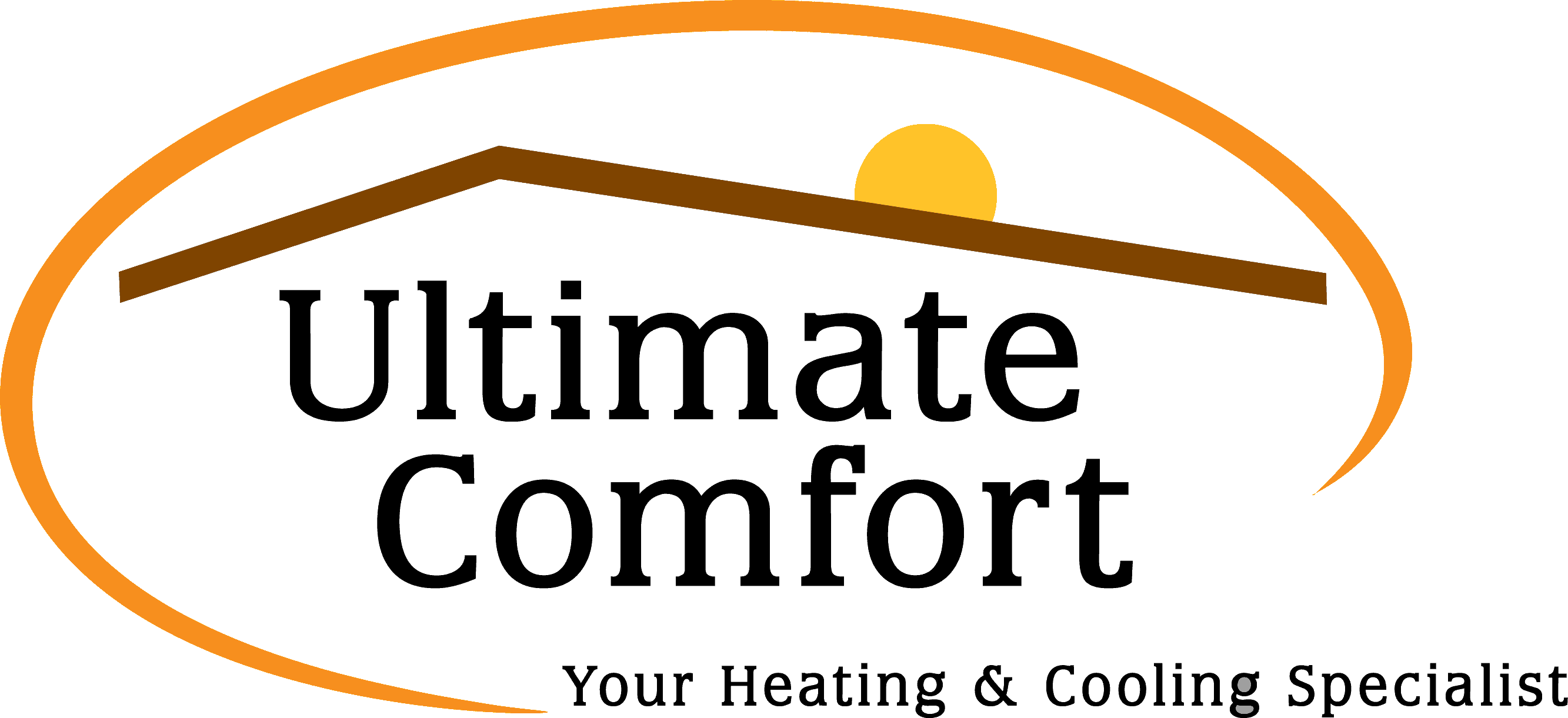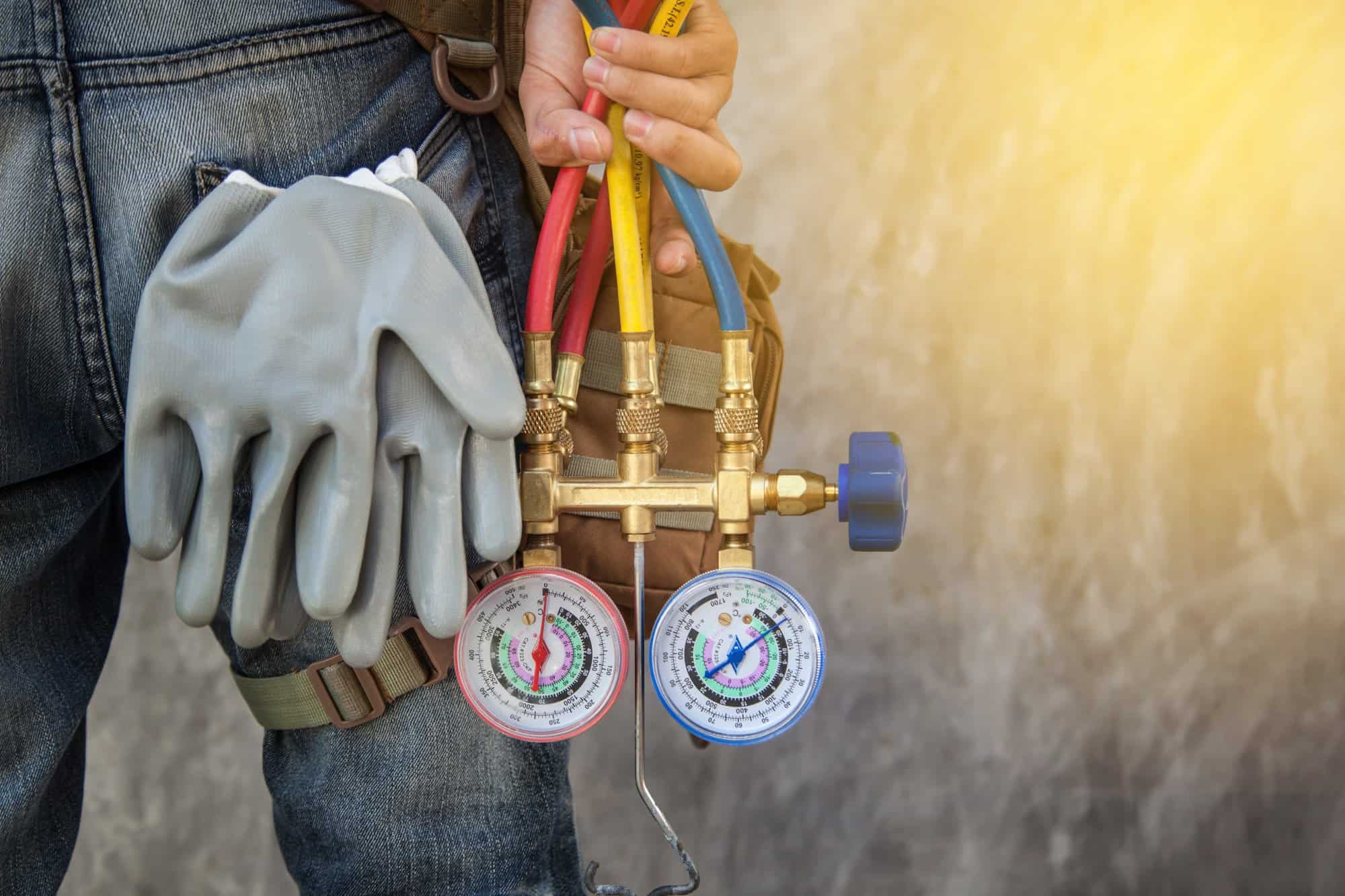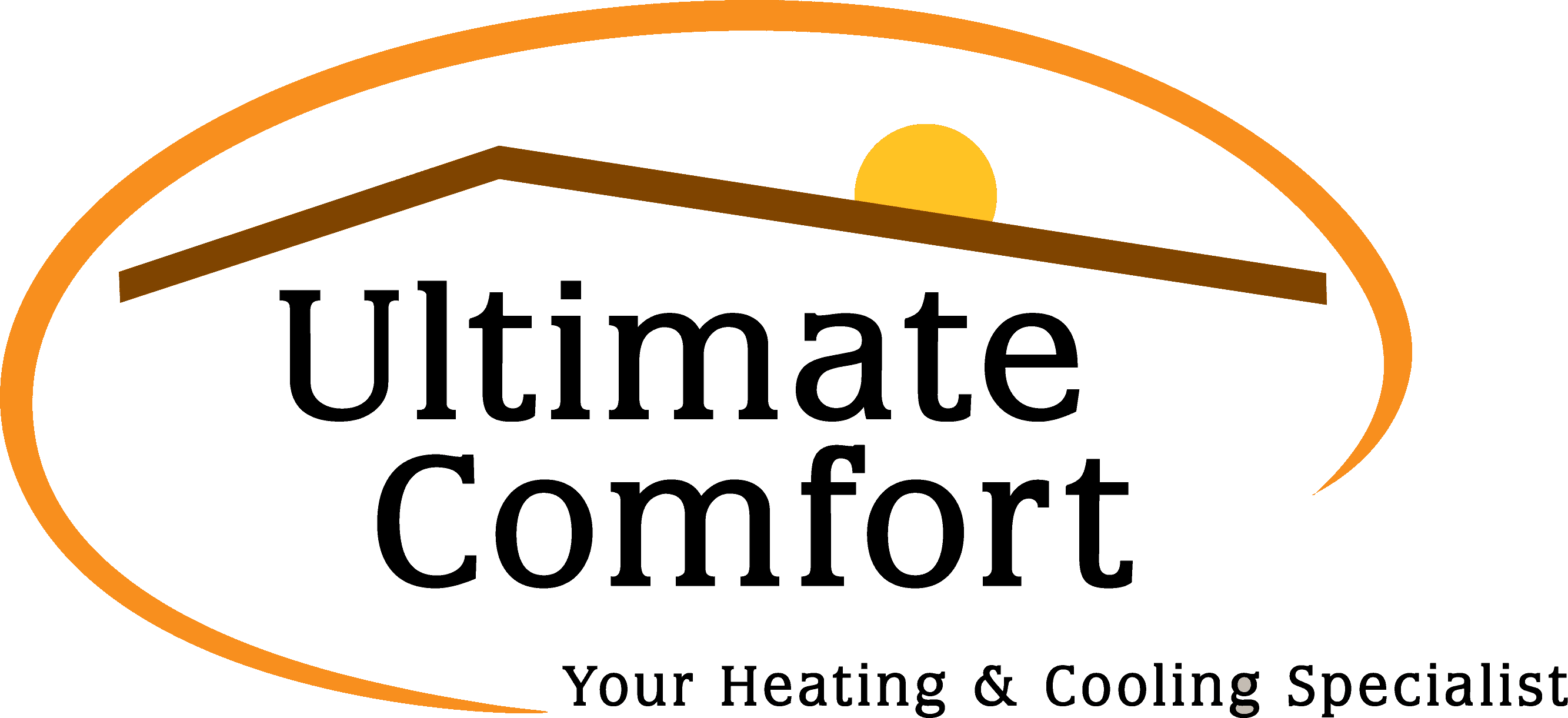We asked 100 homeowners, “What is the biggest stressor in your home?” Their number one response was the HVAC system. When the furnace fails, it’s a big deal.
Knowing the sounds of your system is essential so that you can effectively call for HVAC repair when something seems awry. Look at the five furnace noises to watch out for, what they mean, and when you should call for maintenance.
5 Furnace Noises to Watch Out For
Furnaces are essential for keeping our homes warm during the cold winter months. However, they may produce various noises that can be cause for concern. Some everyday furnace noises include humming, tapping, rattling, and screeching. A humming noise can indicate an issue with the blower motor, while drumming and rattling noises could indicate loose components or a cracked heat exchanger. A screeching noise can indicate a faulty belt or motor.
Paying attention to these noises and calling for HVAC repair if necessary is essential. Ignoring these noises can lead to further damage and potentially dangerous situations. It is always better to be proactive and promptly address furnace noises to ensure your home’s comfort and safety.
Grinding Noise: A Sign of Trouble
A grinding sound is one of the most common furnace noises that should not be ignored. If you hear this noise from your furnace, it is essential to take action promptly, as it could indicate a severe problem. The grinding noise is often caused by a malfunctioning motor or a loose component inside the unit.
A malfunctioning motor can occur due to a lack of lubrication or excessive wear and tear. If the engine is not adequately lubricated, the metal parts can rub against each other, resulting in a grinding sound. Loose components such as fan blades or blower wheels can also create a grinding noise. These loose parts can scrape against other parts of the furnace, causing an unpleasant sound.
Ignoring the grinding noise can lead to more significant issues and could potentially result in a complete furnace breakdown. If the problem is not addressed promptly, it may lead to costly repairs or even the need for a furnace replacement.
To address this issue, contacting an HVAC repair professional is crucial as soon as possible. They will inspect the motor and other components, identify the cause of the grinding noise, and perform the necessary repairs. Regular maintenance, including lubricating the engine and tightening loose parts, can help prevent this issue from occurring in the future.
Screeching or Squealing Noise: Belt Problems
If you hear a screeching or squealing noise from your furnace, it is likely due to a worn-out or loose belt. The belt is an essential component that connects the motor to the blower, allowing the system to circulate warm air throughout your home. Over time, the belt can wear down, become misaligned, or loosen, resulting in a screeching or squealing sound.
Ignoring this noise can lead to further damage to the motor or blower. When the belt slips out of place, it puts additional strain on these components, which may eventually cause them to malfunction or break down completely. It’s essential to address this issue promptly to avoid costly and extensive repairs.
To resolve this problem, consider scheduling routine furnace maintenance, including regular belt replacements. A professional HVAC technician can inspect the belt, adjust its tension if necessary, or replace it with a new one. Additionally, they can perform other essential maintenance tasks to ensure optimal furnace performance and prevent further belt-related issues.
Rattling Noise: Loose Components
A rattling noise from your furnace is a common issue that should not be ignored. This noise is often an indication of loose components inside the unit. Over time, screws or bolts used to secure various parts of the furnace can become loose due to normal wear and tear.
While a loose component may not seem a significant concern initially, it can lead to more severe damage if left unaddressed. The constant rattling can cause parts to become further loosened or even break, affecting the overall operation of the furnace.
It is recommended to schedule an HVAC inspection to prevent further issues and ensure optimal furnace performance. A professional technician will identify any loose components and tighten them appropriately. They will also check for any other areas in the furnace that may contribute to the rattling noise, providing a comprehensive solution.
Boom or Bang Noise: Delayed Ignition
If your furnace emits a loud boom or bang when it turns on, it is likely caused by delayed ignition. This occurs when gas builds up in the combustion chamber and is ignited simultaneously, resulting in a mini-explosion. Delayed ignition can be alarming and potentially dangerous.
Several factors can contribute to delayed ignition, including dirty burners, a malfunctioning ignition system, or a gas valve issue. If left unresolved, it can lead to gas leaks, excess strain on the system, or a potential safety hazard. It is essential to address this issue promptly to ensure your furnace’s safety and proper functioning.
Whistling or Hissing Noise: Air Leaks
A whistling or hissing noise from your furnace can signal air leaks within the system. Air leaks can occur in various stove parts, such as the ductwork, valves, or connections. These leaks can affect the efficiency of your HVAC system, resulting in higher energy bills and reduced comfort.
When air leaks occur, the heated air produced by the furnace can escape before it reaches your living space. This means your furnace has to work harder and longer to compensate for the lost heat, leading to increased energy consumption and decreased efficiency. Addressing air leaks is crucial for maintaining optimal furnace performance and saving energy costs.
Hire Furnace Maintenance Professionals
If you hear any of these everyday furnace noises, do not ignore them. Understanding these noises can help you determine when to call for professional HVAC repair services. Addressing furnace issues promptly can save you from more significant problems and expensive repairs.
To ensure your HVAC system’s safety, efficiency, and longevity, don’t hesitate to contact your local HVAC professionals to schedule routine maintenance or address any concerning furnace noises. Now you’re familiar with 5 furnace noises to watch out for. By taking proactive measures and seeking professional help, visit our website, and you can maintain a comfortable and energy-efficient home throughout the year.


